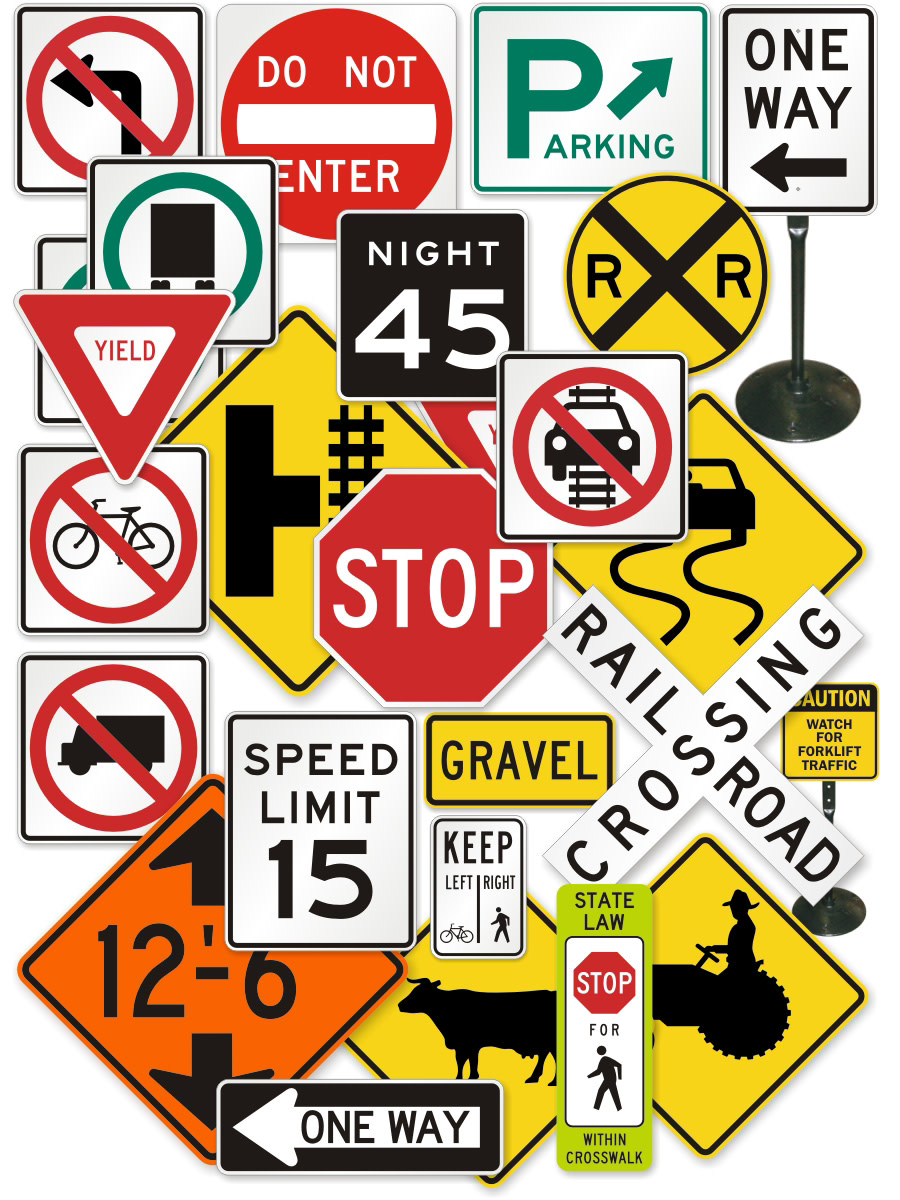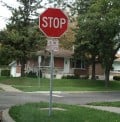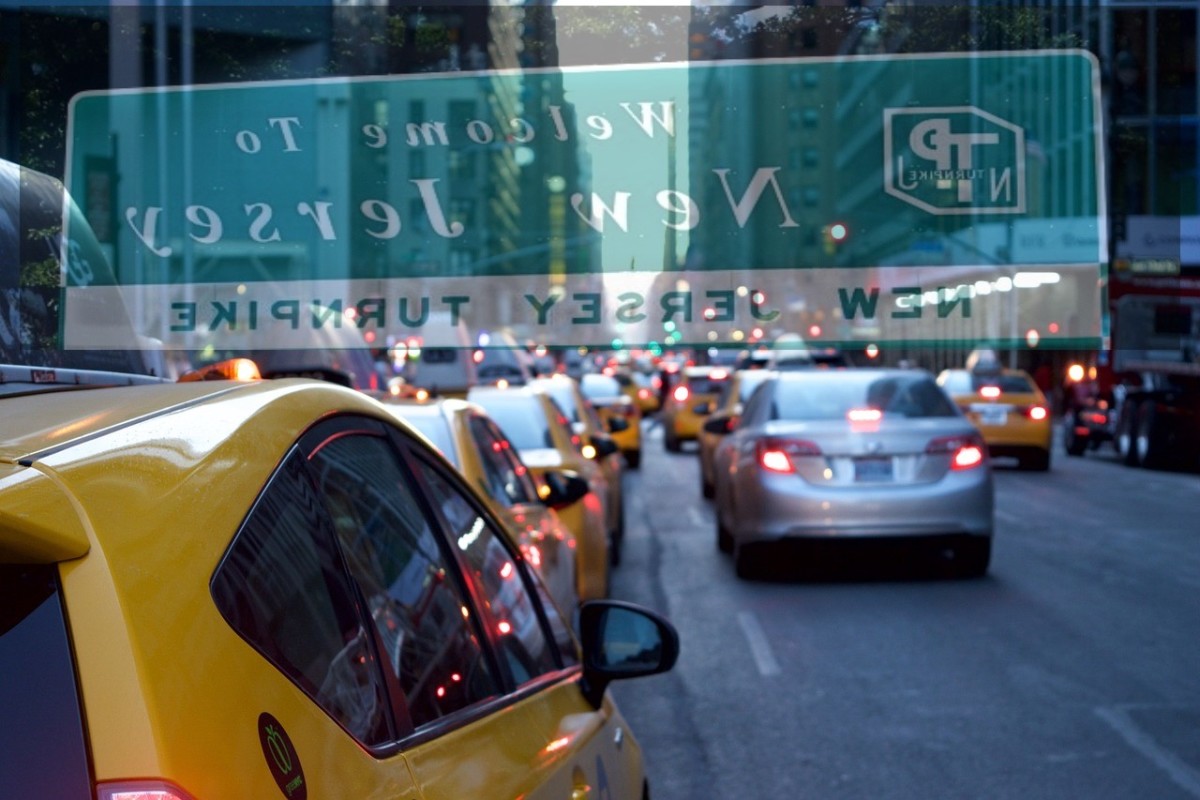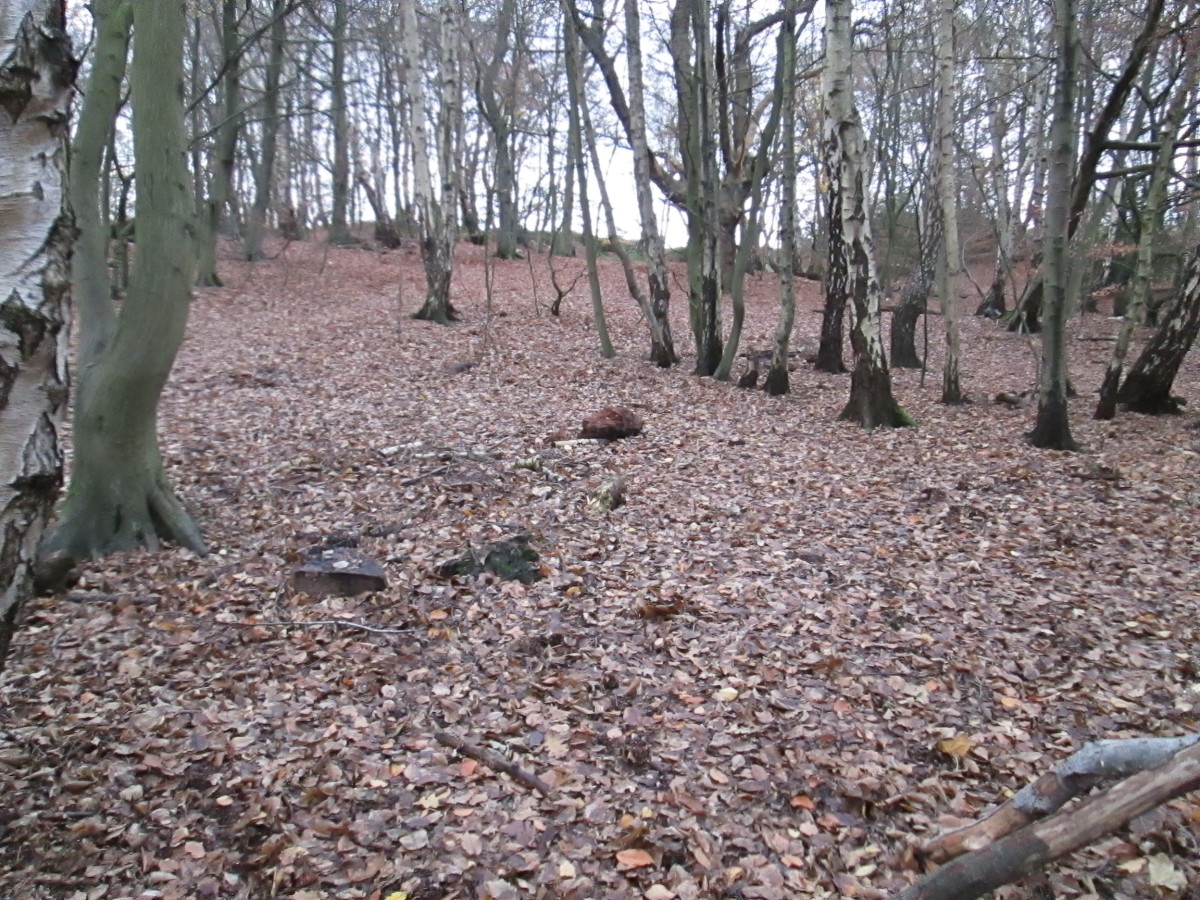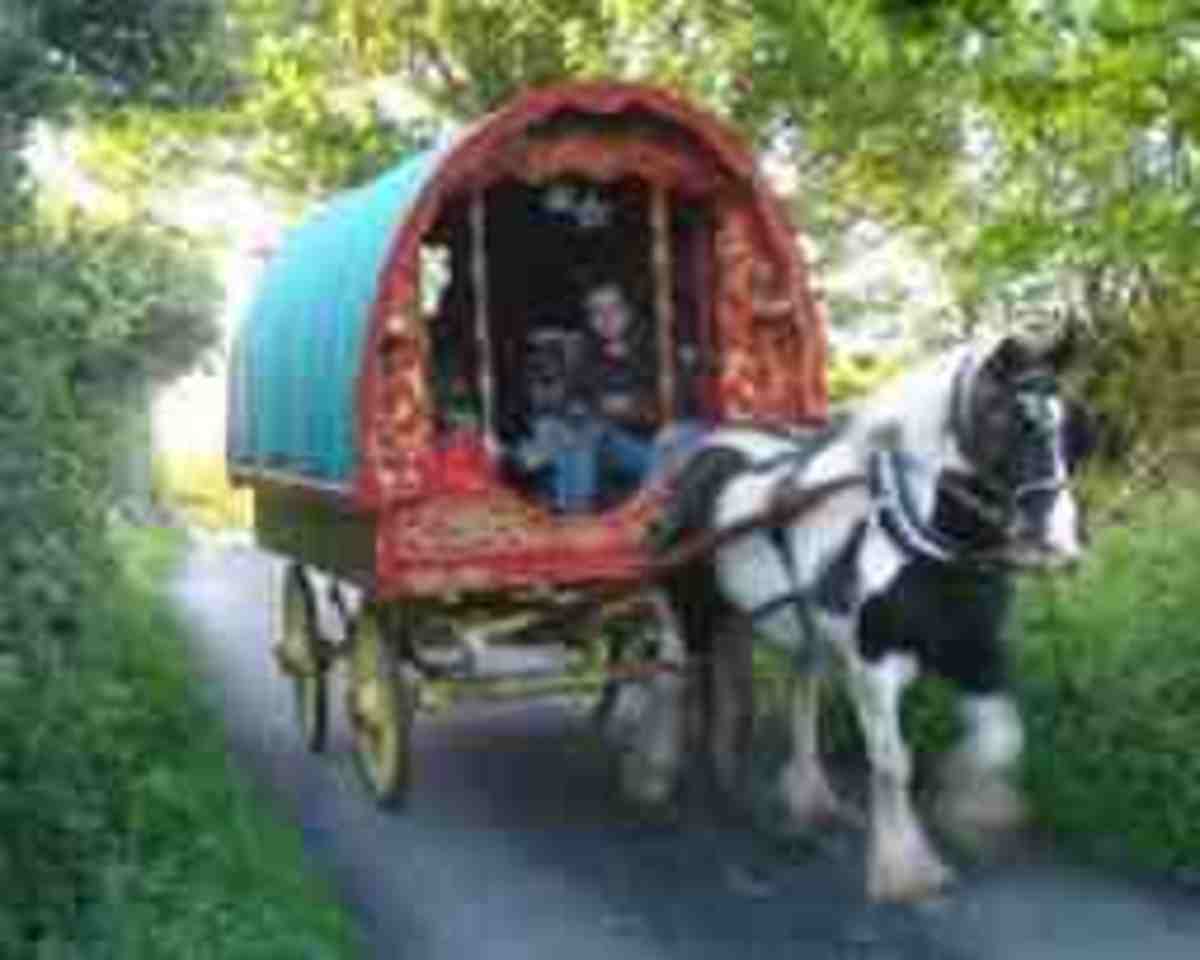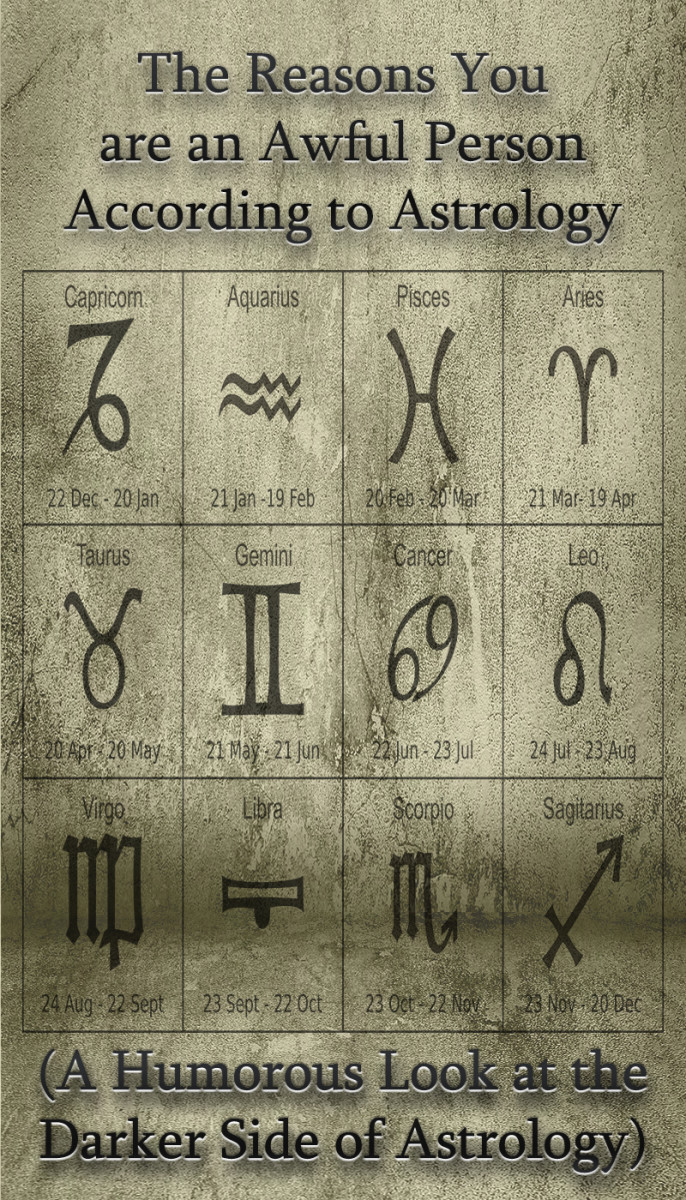- HubPages»
- Books, Literature, and Writing»
- Commercial & Creative Writing»
- Creative Writing»
- Humor Writing
OK UK?: Roadsigns, Roundabouts, and Road Rage...
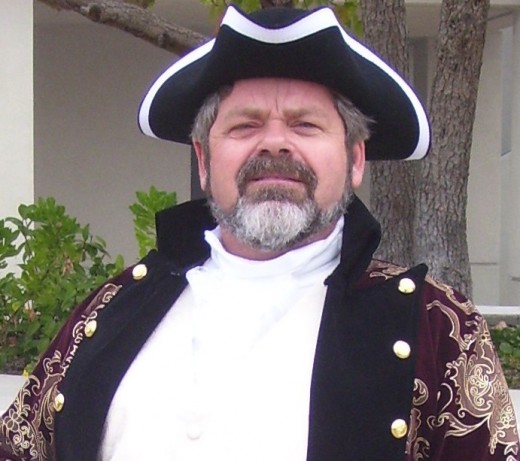
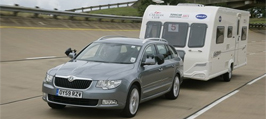
Driving (you crazy) in the UK
When I lived in England, everything I did, everything I knew, was, of course, normal. For example it was no big deal that the road my parents lived on had a whole series of names. As it started at the junction with Witham Road, it was, logically, not called Witham Road (yet…) it was called Blue Mills Hill, (no matter that the mill in question was white.) Once safely beyond the mill and the hill, it became Witham Road, (not to be confused with the other, completely different, Witham Road) and as it passed through the center of the village it was somewhat anonymously called "The Street", and then became Maypole Road before bending ever so slightly into the Prince of Wales Road. The last two made a great deal of sense as they had pubs of the same name somewhere along the route. It finally became Maldon Road as it wound its merry way towards the aforementioned town. There are probably some other bits of the road with names known only to the locals, (and the very stressed postman) but we were incomers some forty-five years ago, so, not privy to the more arcane details.
If you had the time, giving directions to American tourists, could be the most fun activity, (remember we only had three TV channels) for, as well as the mind-boggling array of names of the road they were actually on, they would go nuts trying to find the road signs, which do not exist.
There is of course a historical/logical reason for this…
The Nazis could read.
As good a reason as any, I suppose. You see the plan was to confuse any of the imminently dropping paratrooper hoards. During World War Two, road signs and markers, were rotated to point in the wrong way, or removed entirely. It worked spectacularly well.
I can't verify the specific historical details, but I think what happened was this: Hitler told his high command that he wanted to invade poor old blighty. One of his flunkies, the one with an aunt in Maidenhead, remembered how difficult it was to find anywhere on the island, so they sent a chap called Fritz over to go have a look-see.
Fritz landed in a field somewhere outside Little Buggerem and set off to find Upper Buggerem, where he could catch a bus, (on alternate Wednesdays at three in the afternoon) to Buggerem-on-the-Water. Here he could sneak onto a local train that made its way through a host of hamlets variously named; Great Buggerem, Buggerem Bridge, South Buggerem and Buggerem-de-la-Haye, finally reaching the seat of Buggeram county, Throughchester-on-the-Burgle. Throughchester (pronounced "Toaster") was on the main railway line to London, which is where all the people worth capturing, actually lived.
Fritz is still missing, possibly drowned in the Burgle, or married to a honey in South Buggeram, but the upshot of his not reporting in, was monumental. The entire German army sat on the coast of France waiting for a message from Fritz. Days turned into weeks, weeks into months and the troops got tired of waiting and decided to capture Paris instead.
England was saved (with the possible exception of the Honey) and it was all down to Winston Churchill personally turning all the road signs around. It was such a success that no one wanted to put things back. Why should they? Everyone knew where they lived, and how to get to places they knew. If people wanted to go to new places, well, that was their own damn fault.
Then came tourism. Americans, who had fond memories of the end of the said war, returned in droves. They had money, which the Brits wanted, so the lack of signs, ensured they drove around aimlessly for months, never actually finding Upper Buggeram Air Base, (which is interesting because about a million people find the Air Base every Saturday morning for the car boot sale).
Their money did not last us very long, so as peace embedded itself into the national psyche, it was with delight we began to cater to the super-rich of Europe, mostly Germans, who wanted to see what all the fuss, over this little island, was about.
There is now a fantastic two-tier system in place. You start off on the motorways, beautifully signposted and fast, (except when they are not) which can whisk the unsuspecting foreigner deep into the bowels of England. Once you get off the motorway onto the so-called B-roads (B for bloody) you are immediately seduced by a "cute" looking village up ahead. The poor souls drive in, whereupon the motorway vanishes, like a wisp of smoke. There are absolutely no signs pointing the way back to motorways. Once you leave, you will only see them from a distance, teasing you like a French tart.
As if the sign thing wasn't enough, we also have two additional national motoring must-sees. The first is the roundabout. These speed traffic through junctions without the need to actually stop. The concept is sound in normal traffic. Cars simply slow down, slip into the stream of cars already on the roundabout, then slip off a junction of two later. Brits have become increasingly blasé about these little beauties, even riffing on theme. Outside Colchester is the strangest super roundabout ever conceived. Each entrance and exit has a mini roundabout that spins you onto the main roundabout where you spin until you find your exit mini roundabout. While no doubt a delight for dervishes, it makes it impossible to drive straight for about a hundred meters after that, so everyone crashes on the exit streets. As this seems to send foreigners over the edge, they have handily located one of the largest insane asylums in England, just a few miles away.
As a teenage driver, it was a great entertainment to "do" roundabouts on two wheels, scaring the shit out of the American family spinning around for the second hour, simultaneously trying to deal with the actual roundabout, and the ubiquitous stick shift. Ah, the good old days.
The other must-see, or unfortunately, will-see, is the strange habit that certain English people have of taking a caravan with them. A caravan, for those unfamiliar with the beast, is an oversized tin can in which you can sleep, eat and cook. This is towed behind a horribly underpowered car at about ten miles an hour on roads too narrow to actually drive upon. Now, towing a caravan is in itself a sign of lunacy, but as Jeremy Clarkson has mined this vein of humor dry, I will only mention the tea thing.
Mr. and Mrs. Caravan set off in the rain and drive for six hours, leaving their home, some ten to twelve miles, behind them. Mrs. Caravan suddenly feels parched and has a need for a nice cup of tea. Mr. Caravan pulls into the next lay-by and with his caravan a maximum of two feet away from the constant stream of traffic, sets out the camping chairs, and puts the kettle on.
So, in a country full of famous things to look at, including some spectacular views of beautiful valleys with motorways running through them, Mr. and Mrs. C sit in the fumes, drinking their tea and eating their digestives, inches away from speeding traffic.
Weird huh?
I'd park next to a roundabout and watch the tourists trying to get off...
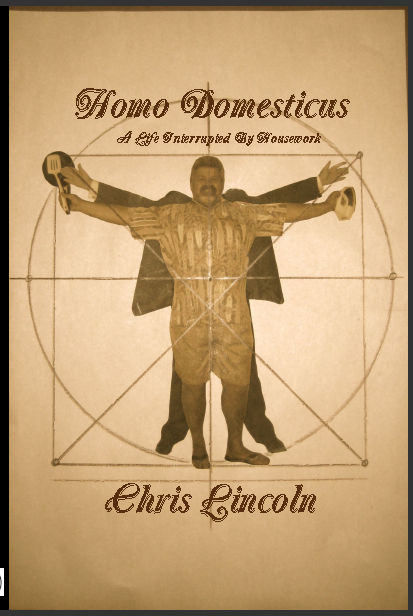
Dear Hub Reader
If you enjoy this hub, please check out my book,
Homo Domesticus; A Life Interrupted By Housework,
A collection of my best writings woven into a narrative on a very strange year in my life.
Available directly from:
http://www.lulu.com/content/paperback-book/homo-domesticus/12217500
Chris

